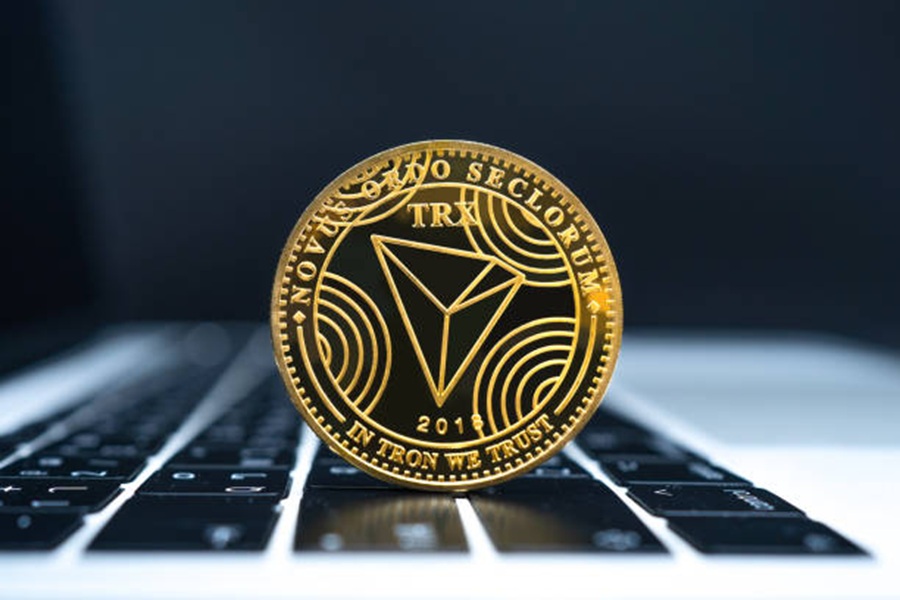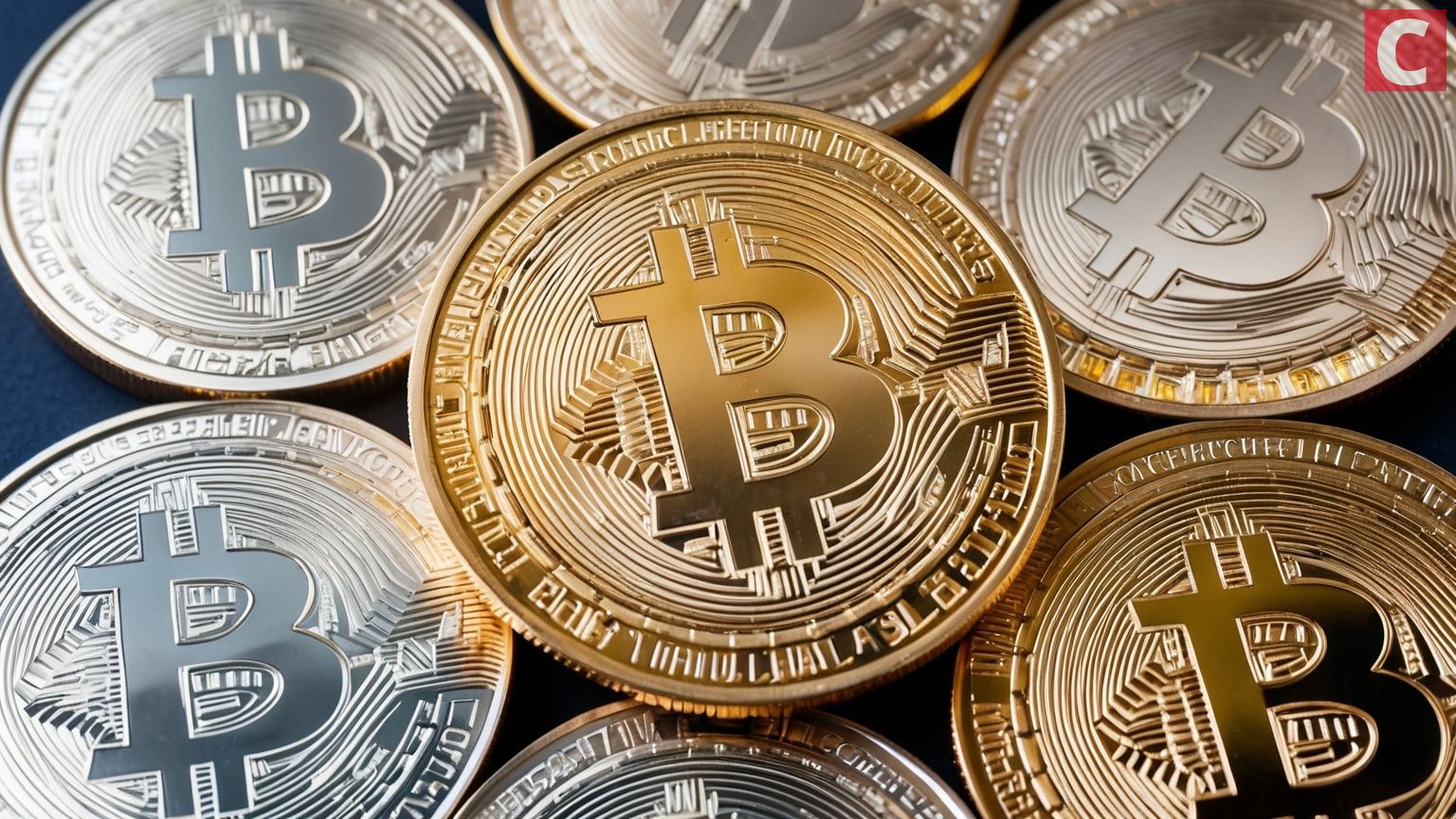Former White House communications director Anthony Scaramucci called Trump’s first 100 days in office “the worst in modern history.” Despite several crypto-friendly actions, Trump’s early presidency has stirred up major controversy and uncertainty in both politics and the crypto world.
From launching his own memecoin to starting trade wars, Trump’s decisions have shaken up markets. Some steps seemed helpful to crypto, while others caused new problems.
Let’s break down what’s happened so far.
 Source: https://www.aljazeera.com/news/2025/4/29/trumps-100-day-scorecard-executive-orders-tariffs-and-foreign-policy
Source: https://www.aljazeera.com/news/2025/4/29/trumps-100-day-scorecard-executive-orders-tariffs-and-foreign-policyA Timeline of Key Events
Date | Event | Impact |
Jan 20 | WLFI memecoin launch during inauguration | Token price spiked, but trading was restricted |
Jan 20 | Pro-crypto leaders appointed to top agencies | SEC, CFTC, and science advisory roles filled by crypto-friendly figures |
Jan 21 | Trump unveils $500B Stargate AI initiative | Backed by OpenAI, Oracle, and SoftBank |
Jan 21 | Ross Ulbricht’s sentence commuted | Fulfilled campaign promise, sparked debate |
Jan 23 | Digital dollar banned, crypto working group created | No CBDC allowed, Bitcoin reserve planning begins |
Feb 1 | Trade war starts with tariffs on China, Mexico, and Canada | Caused crypto and stock market drops |
Feb 12 | US and Russia swap Marc Fogel and Vinnik | Sparked debate about crypto criminals and diplomacy |
Feb 18 | SBF hints at pardon, slams judge | Possibly aiming to win Trump’s favor |
Mar 7 | Bitcoin reserve and digital asset stockpile created | Government pools seized crypto, may buy more if budget allows |
Mar 7 | Industry leaders met, some praised it, others remained cautious | |
Mar 25 | WLFI launches stablecoin USD1 | Lawmakers called for ethics probe |
Apr 2 | “Liberation Day” trade tariffs announced on all trading partners | Costs rose for miners, recession fears grew |
Apr 25 | $300,000 memecoin dinner offer leads to impeachment calls | Ethics concerns over selling access to Trump |
Mixed Signals for Crypto
Trump’s early actions created both hope and concern. On one hand, he welcomed crypto leaders and opposed the digital dollar. On the other hand, his policies created instability.
Positive Moves:
- Appointed pro-crypto officials: Paul Atkins to the SEC, Brian Quintenz to the CFTC.
- Launched a crypto working group: Aimed to make the US a global crypto hub.
- Created a Bitcoin reserve: Collected seized Bitcoin and hinted at further crypto investments.
- Hosted a White House summit: Brought attention to the crypto industry’s needs.
Negative Developments:
- WLFI token launch and dinner: Seen as a conflict of interest.
- Trade wars: Raised import costs for mining equipment and shook investor confidence.
- Pardon politics: Moves like Ulbricht’s release and SBF’s hints raised ethical concerns.
Ethics and Legal Challenges
WLFI, the memecoin tied to Trump’s family firm, remains under scrutiny. Its stablecoin launch, USD1, added pressure. Lawmakers fear Trump could shape crypto rules to benefit his own assets.
The dinner offer to top WLFI holders raised red flags. Although the administration rejected the $300,000 access request, a senator already called for impeachment.
Will Regulation Move Forward?
Despite the turmoil, crypto regulations are slowly moving in Congress:
- The STABLE Act passed committee in the House on April 3. It aims to regulate stablecoins.
- The GENIUS Act passed a Senate committee. It focuses on innovation and crypto guardrails.
What Comes Next?
Trump’s first 100 days brought huge shifts. Crypto is now a political issue as much as a financial one. Laws are being written, but public trust is shaky.
If Trump keeps mixing politics with personal crypto ventures, progress could stall. The next few months will show if real reform is possible – or if controversy will dominate once again.
Updated May 1, 2025 at 6:00 pm
Remember, investing in cryptocurrencies involves risks, and it’s important to conduct thorough research and seek professional advice before making any financial decisions. (Please keep in mind that this post is solely for informative purposes and should not be construed as financial or investment advice.)
What is cryptocurrency?
Cryptocurrency is a digital form of currency secured by cryptography, not controlled by governments or banks.
What are cryptocurrency wallets?
Cryptocurrency wallets are digital tools for storing and managing your crypto assets.
What are the best practices to invest in cryptocurrencies?
Best practices for crypto investment include research, diversification, investing what you can afford to lose, and avoiding hype-driven investments.

















 English (US) ·
English (US) ·